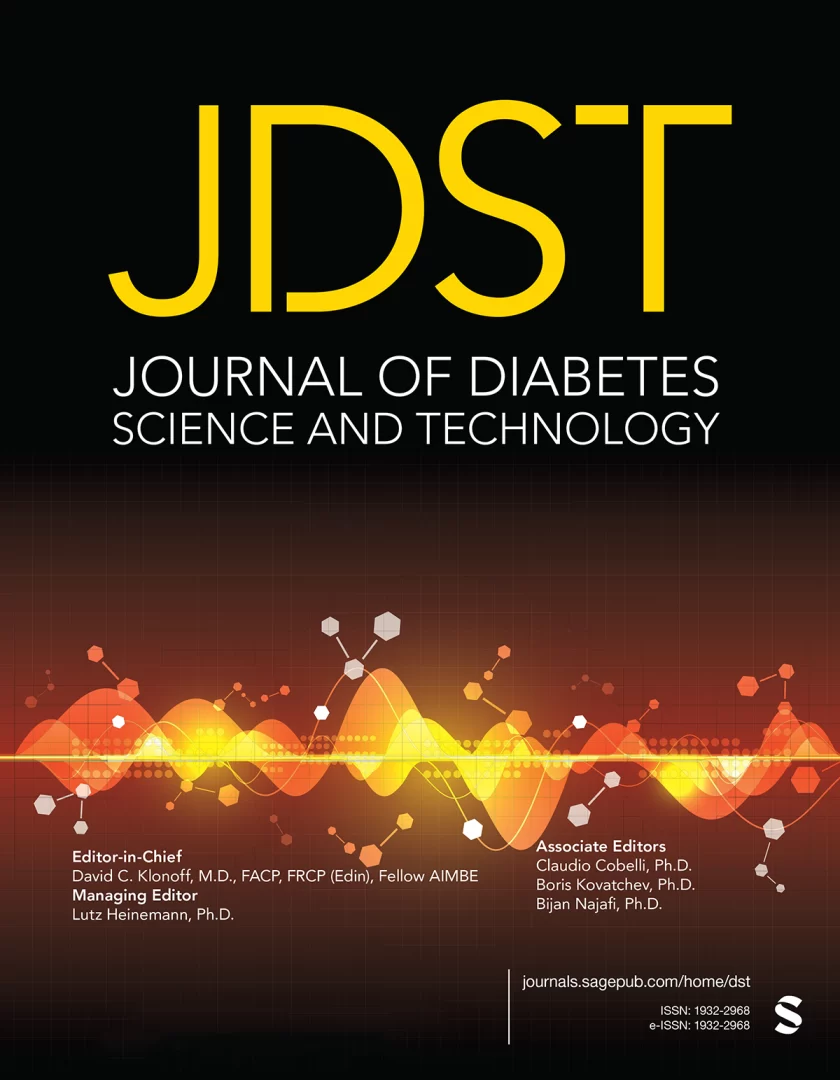Regular Cell Phone Use Linked to Higher Risk of Cardiovascular Disease

Original Article: https://www.medscape.com/viewarticle/regular-cell-phone-use-linked-higher-heart-disease-risk-2024a1000g52
Increased Cardiovascular Disease Risk from Cell Phone Use
A recent study using data from the UK Biobank revealed that regular cell phone use—defined as making at least one call per week—is associated with a higher risk of developing cardiovascular disease (CVD). The analysis included 444,027 participants without prior CVD, of which 378,161 were regular cell phone users. Over a follow-up period of 12.3 years, 56,181 participants developed CVD. The study found that regular phone users had a 4% higher risk of CVD compared to non-regular users, with an odds ratio of 1.11 for increased carotid intima media thickness (CIMT), a marker for cardiovascular risk. The link between phone use and CVD was especially notable among smokers and individuals with diabetes, suggesting that these conditions, along with phone use, may heighten the risk.
Impact of Sleep and Mental Health on Cardiovascular Risk
The study also explored how mental health and sleep issues contribute to the increased cardiovascular risk from phone use. It was found that poor sleep patterns mediated 5.1% of the link, psychological distress 11.5%, and neuroticism 2.3%. The researchers theorized that poor sleep and mental health could disrupt the body’s natural rhythms and increase inflammation, exacerbating the risk of CVD. Chronic exposure to radiofrequency electromagnetic fields (RF-EMF) emitted from cell phones may also contribute to oxidative stress and an inflammatory response, potentially worsening the effects for smokers and those with diabetes.
Striking a Balance Between Benefits and Risks
While the study highlights the potential harms of excessive cell phone use, it also acknowledges the many benefits of mobile technology. The study’s authors suggest that while mobile phone use might not yet be a major concern for heart disease in comparison to more established risks like smoking, diabetes, and high blood pressure, it is still wise to be mindful of how it might negatively impact sleep and physical activity. Clinicians are advised to promote healthy habits around mobile phone use, and future research should investigate how different phone activities (e.g., texting, watching videos, or browsing) contribute to sedentary lifestyles and cardiovascular health risks in larger, more diverse populations.

